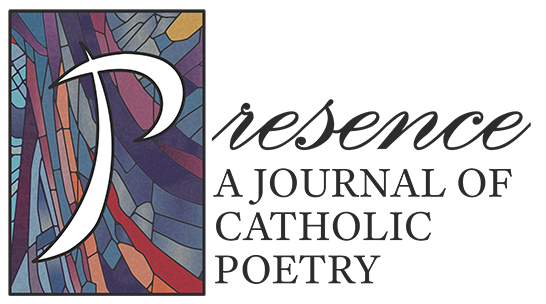Translations Editor
Gregory Orfalea is the author of ten books, the most recent of which is Journey to the Sun: Junipero Serra’s Dream and the Founding of California (Scribner, 2014), called by Dr. Daniel Krieger, Professor of History Emeritus, California Polytechnic State University and past president of the California Missions Studies Association, “a brilliant biography about a key Hispanic figure in the launching of American history.” (A children’s version is Junipero Serra and the California Missions.) Angeleno Days won the Arab American Book Award and was a finalist for the PEN USA Prize. His collection of poetry, The Capital of Solitude, won the Ithaca House First Book Prize. The long poem, “Arab and Jew in Alaska,” which originally was published by the Christian Science Monitor, was the first poem by an Arab American to appear in The Norton Introduction to Poetry. Poet Lore has nominated “Poem for the Unspeakable” for the 2019 Pushcart Prize.
About his work James Fallows has written, “Southern California has produced its distinct literary voices, from Nathanial West and Joan Didion to Walter Moseley and Michael Connelly. Gregory Orfalea is the next in this series.”
Orfalea directed a writing program at the Claremont Colleges, conducted the seminar in short fiction in the graduate program at Claremont, and also has taught at Georgetown University, California Lutheran University, and Westmont College.
Born and raised in Los Angeles, Orfalea has written extensively for the Los Angeles Times Magazine and its Column One feature. He is at work on a novel about Syria and baseball. Orfalea divides his time between Southern California and Washington, DC. His wife Eileen and he have three sons.
When William Carlos Williams famously prescribed for poetry, “No ideas but in things,” he didn’t mean things ruled the world, or ideas and feelings should be so faint as to be undetectable. Presence, I think, was founded as a correction to that widespread misappropriation of Williams’ dictum. Things, materialism, intensify their grip on our culture over and above the spirit. I believe this is the overriding reason Presence was founded. I look at the "Catholic" in its subtitle as the little “c” catholic, not to discourage poems that use Christian symbology, for example, which don’t find a place to live elsewhere, but to emphasize the universality of what grounds human beings ultimately—the human heart, the spirit, and the notion that there is more, far more, to us than meets the eye. As translations editor, I am especially dedicated to welcoming poems from other languages and faiths that find that immortal spark.

